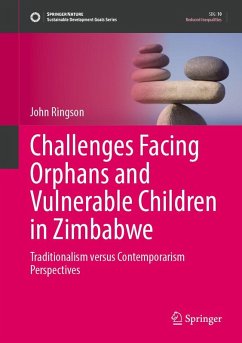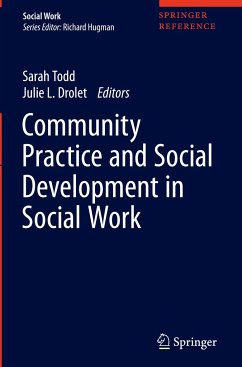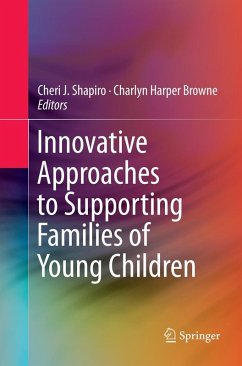
Challenges Facing Orphans and Vulnerable Children in Zimbabwe
Traditionalism versus Contemporarism Perspectives
Versandkostenfrei!
Versandfertig in 6-10 Tagen
121,99 €
inkl. MwSt.

PAYBACK Punkte
61 °P sammeln!
This book examines the complexities of OVCs in Zimbabwe, situated within the broader context of the Global South and the Southern African region. The global community has recognised the importance of protecting children's rights and well-being, with the United Nations Convention on the Rights of the Child (CRC) serving as a cornerstone of international child rights law. In the Global South and Southern Africa, poverty, inequality, and limited access to education and healthcare exacerbate OVC vulnerability. Zimbabwe faces significant challenges in addressing OVC issues, including the impact of ...
This book examines the complexities of OVCs in Zimbabwe, situated within the broader context of the Global South and the Southern African region. The global community has recognised the importance of protecting children's rights and well-being, with the United Nations Convention on the Rights of the Child (CRC) serving as a cornerstone of international child rights law. In the Global South and Southern Africa, poverty, inequality, and limited access to education and healthcare exacerbate OVC vulnerability. Zimbabwe faces significant challenges in addressing OVC issues, including the impact of HIV/AIDS, economic instability, and social conflict. The book draws on comparative theoretical underpinnings, including Ubuntu Philosophy, Neoliberalism, and African Renaissance. Ubuntu Philosophy emphasises the importance of community and interconnectedness, highlighting the need for collective action to support OVCs. Neoliberalism prioritises individualism and market-driven solutions, which can exacerbate the vulnerability of OVC. African Renaissance emphasises the need for African-led solutions and development, prioritising cultural sensitivity and community engagement. By examining these theoretical perspectives, the book provides a nuanced understanding of OVC care in Zimbabwe, highlighting the importance of community-led initiatives, cultural sensitivity, and collective action in supporting OVCs. The book's findings have significant implications for policymakers, practitioners, and researchers working to support OVCs in the Global South, Southern Africa and Zimbabwe, emphasising the need for context-specific and community-driven solutions to address the complex challenges facing OVCs.












